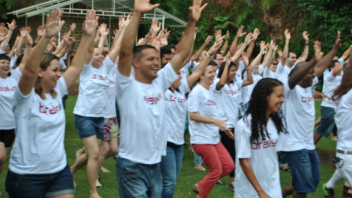
This is a monthly or bi-monthly update with important project news. This might at some stage morph into a newsletter, but for now this is also featured in the monthly round-up over on Transition Culture, and also in the Transition Newsletter.
Economic Evaluation reports emerge into the light!
In March we were delighted to release the first outputs from the Economic Evaluation project that has been running in 3 places over the last 18 months or so.
Totnes in South Devon is the first to publish their findings. Their Local Economic Blueprint document highlights the potential economic value of building a stronger local economy, identifying over £5m worth of opportunity to develop the local food, retrofit and renewable energy sectors (and that’s just 10% of the potential).
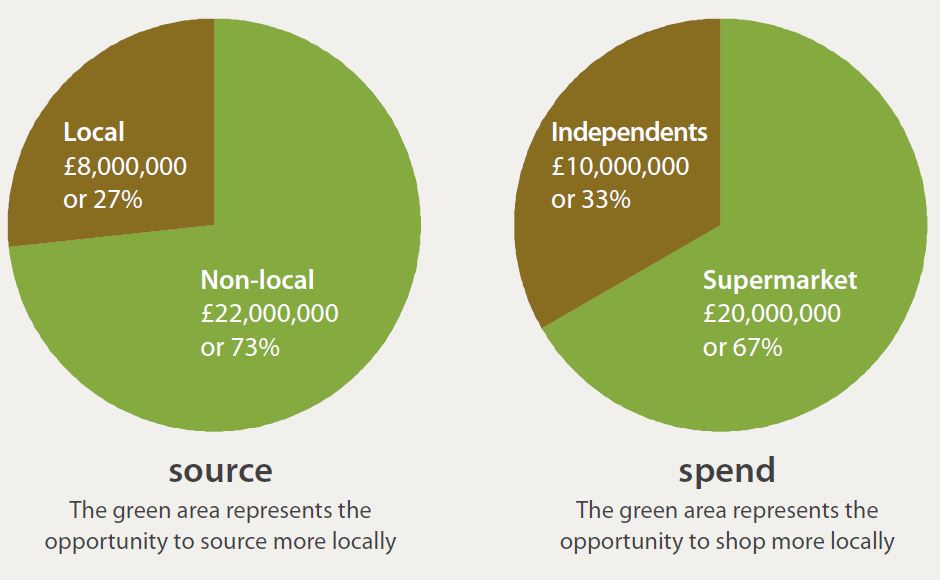
Potential opportunity for sourcing and buying local food in Totnes & District.
One of the questions we have about this work is what’s the right level or scale to work at? So the process has also been running in Herefordshire to see what we can learn about doing the process at county level (rather than town level like in Totnes). There’s already been a key difference in the approach to engaging stakeholders, and you can find out more about this aspect here.
Brixton, an inner city London district of Lambeth, is also running the process to see how it works in a city-setting, and the first reports are expected in a few months.
We’re particularly excited about this Economic Evaluation work as it helps provide the hard evidence in favour of re-localising our economies. Others are busy working to build this evidence base too, for example, Karen Leach of Localise West Midlands recently helped illustrate that Community Economic Development works.
Find out more about the Economic Evaluation project and download the reports here.
Transition-oriented social enterprises – what if they were all in one place?
Many of you will have seen our campaign to find the Top 20 Transition-oriented social enterprises that has been running these last few weeks. The nominations are all in, and we’re busy going over the applications and trying to select the ones that seem to best represent a new kind of economy. This is a tough job as there are so many great enterprises out there.
The prize is a 2 hour private mentoring session with Gordon Roddick, founder of the Big Issue and the Body Shop. One of the reasons we are running this campaign is to provide a great set of inspiring case studies for you, and to show the potential of these seemingly isolated innovations if, for example, they all operated in one place, how might the local economy function then? We’ll be announcing the results and sharing more information about the Top 20 (and all the others too) within the next few weeks.
How can a bank help build literacy, skills and the economic capacity of the community?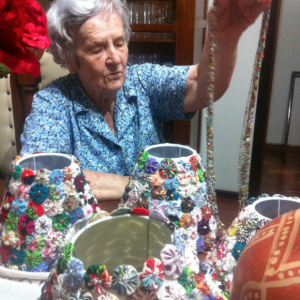
Shane recently went to Brazil and has written a couple of great blog posts about the economic challenges there, as seen through a REconomy lens.
He includes a perspective on some of the poorest areas and the amazing things that are happening there, which include an extraordinary number of local currencies and a fascinating approach that uses a local bank to meet community needs. Now there’s an idea whose time has come!
Do you want to organise a REconomy event?
There’s a real appetite out there for organising local economics events of all shapes and sizes. In response to this we are putting together an event toolkit that we hope will support local organisers. If you’re looking to organise an event, or have already run one and think your experience will help others, then please do get in touch and let us know what you’re up to.
How do you connect with a world wide movement?
Our main way to interact with you all is through our social media. There are links to our feeds on the right hand side of this page. We’ve been focusing on Twitter and Facebook, with audiences growing at rapid rate, but we also use Linkedin, Vimeo and others.
Rather than our social media being a one-way communication tool, we’re looking to build a community where people are able to share and discuss with each other the most amazing innovations and inspirations of the new economy. We already have a pretty high interaction rate but this is an area where more is certainly more – please come and join us and let your voice be heard.
Here’s a few things that have been most shared on Facebook… First, here’s a great article on locally owned shops as entrepreneurial hubs and incubators Also popular was this very important report that includes 40 essays from the UK’s best thinkers on coops, mutuals, community energy and credit unions etc Another great resource that was well received by the doers amongst us was the The Collective Action Toolkit (CAT), which is a package of resources and activities that enable groups of people anywhere to organize, build trust, and collaboratively create solutions for problems impacting their community.
But in truth when it comes to sharing, retweeting and liking, nothing beats a good info graphic. Here’s one of the many that went down a storm.

Help us dream our future into being
Finally, we are having a project Dreaming Day in May which will help us prioritise and plan the REconomy Project work for the next year or two. We have very limited resources, and we want to ensure we are doing the things that will be most helpful to you, and would love to hear more from you about what you want from us… our questions are:
1. Is your Transition Initiative, or similar group, doing any economic/REconomy related activity – if so what is it?
2. If not, why do you think this is the case? (the main barriers)
3. What might help initiate activity like this where you live, assuming you think this is a desirable thing? (your needs)
Please send us your thoughts via our facebook page, by email or through the contact us page.
Many thanks, Fiona and the team.
Want to stay more connected to REconomy? Follow our tweets @REconomyProject or like us on facebook.

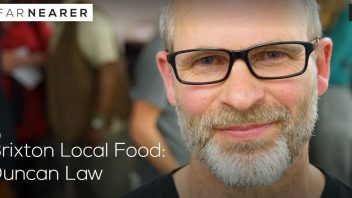
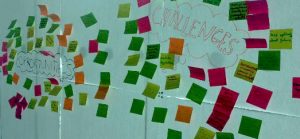

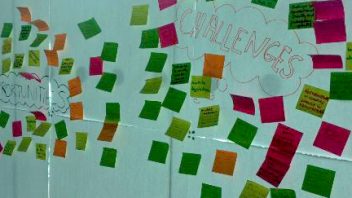


Connect